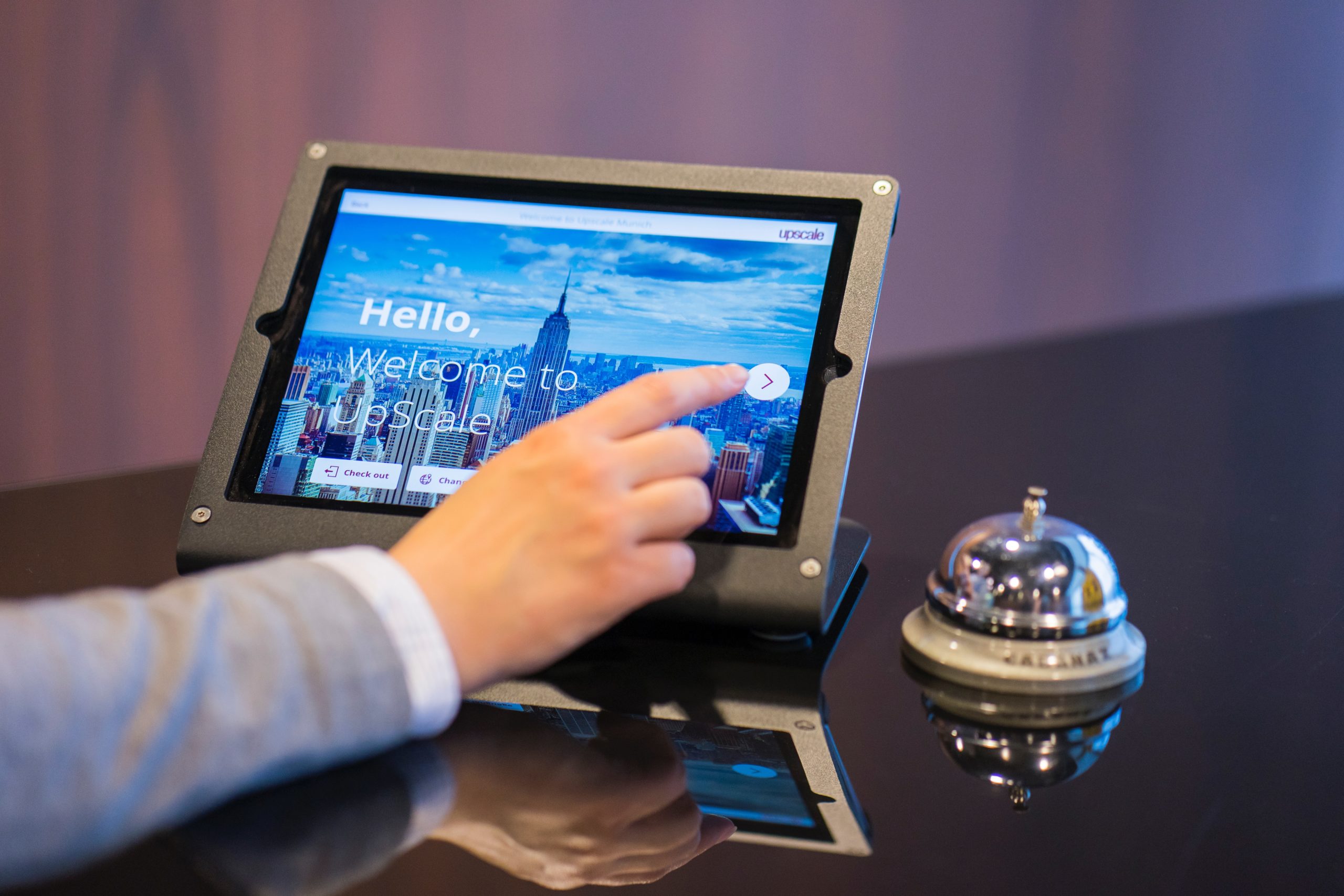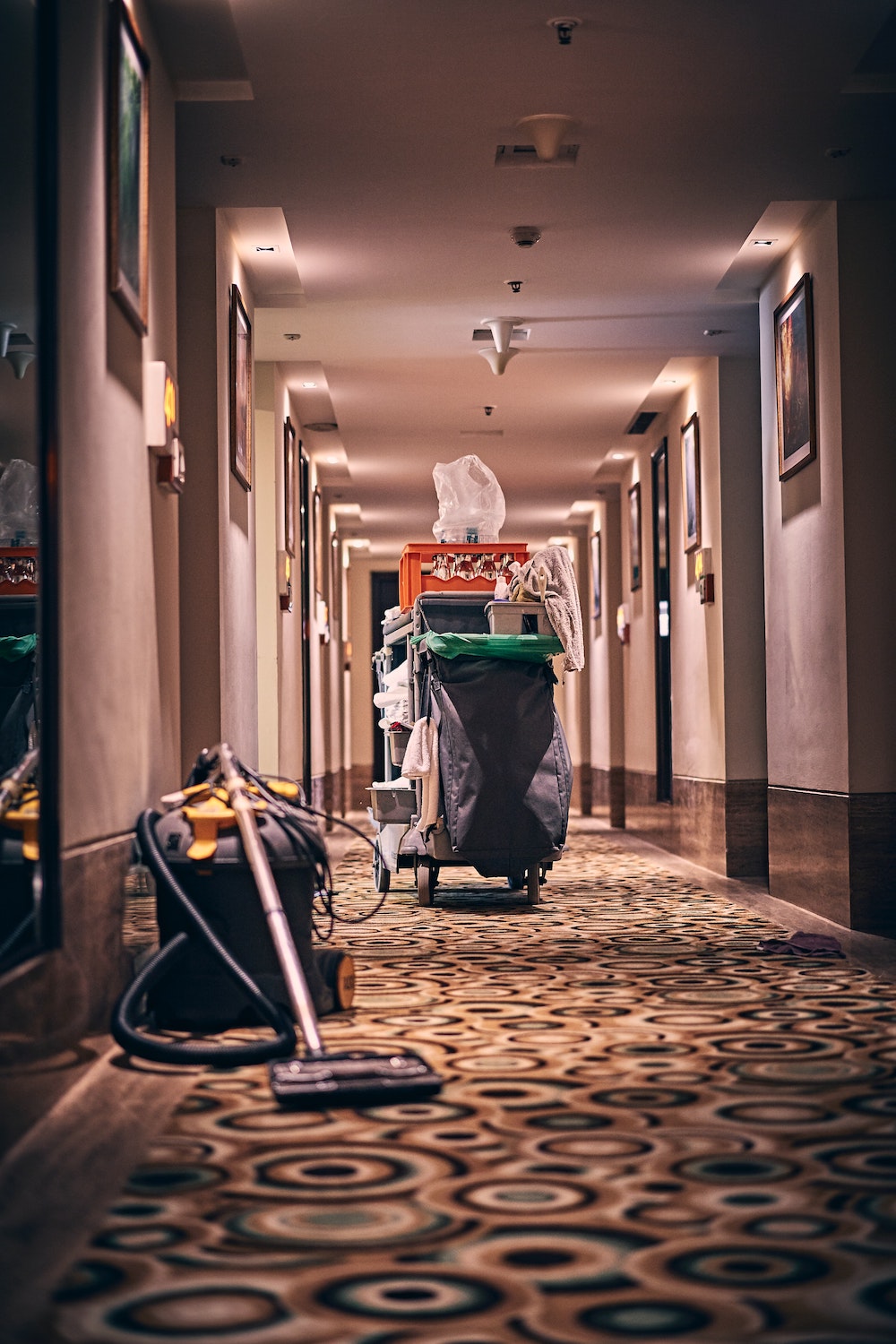Compression periods present golden opportunities to raise revenues—but only with a careful approach. The wrong strategies can actually cut into the bottom line, diminish the reputation of the hotel and jeopardize bookings over the long term. Rely on these sound strategies to maximize revenue when your hotel is nearing complete occupancy.
Make Plans as Early as Possible
To fully capitalize on a compression period, you must forecast. It is easy to predict when holidays or local events will fill up your rooms, but compression periods can also happen unexpectedly or with little advance notice. By relying on a PMS that integrates data from a large number of touchpoints, hotels are able to quickly produce sophisticated reports and accurate occupancy forecasts. Using this data, there is a much lower chance of being caught off guard by a surge in reservations. Hotels should also establish their own definition of a compression period, as it can differ from city to city and hotel to hotel. Often, compression is defined as 95% occupancy, but for some properties, the threshold may be higher or lower.
Don’t Insult Loyal Customers
It’s tempting to suspend discounts or loyalty rewards during compression periods, but it’s also shortsighted. The revenue gained in this short time period is much less than the long-term revenue from loyal customers. A better strategy is to offer smaller discounts or fewer benefits. A PMS that incorporates advanced revenue management capabilities makes it easy to calculate a discount rate that respects customers and revenue opportunities equally.
Calibrate the Right Rate Hikes
Raising room rates during compression periods is to be expected. Most guests understand this supply and demand model—but be aware that a rate ceiling exists. Trying to maximize revenue by charging astronomical sums rarely leads to 100% occupancy. There is even evidence to suggest that price gouging drives customers to alternative lodging options like Airbnb. A comprehensive PMS allows hotels to compare booking data, guest demographics and in-house financials to determine how much to raise rates.
Accommodate the Compression Guests
Guests staying during a compression period typically have a shared interest—everyone is attending the same concert or convention, for example. By decorating the property to reflect the event that guests are attending, hotels are able to further engage guests and drive revenue in places like the hotel restaurant. Even something as simple as putting up the colours of a sports team can have a big impact.
Be Willing to Invest Elsewhere
A hotel that is close to full may require additional staff or extra resources. While this adds costs, it also helps ensure that the hotel runs smoothly and meets guest expectations at a time when it matters most. The key is to determine who and what is necessary when and where. A PMS is invaluable because of the top-down perspective and deep level of insight it offers into a hotel’s up-to-the-minute operations.
Stay Committed to Marketing
If you are expecting a compression period during, for example, a major sporting event, it’s easy to conclude your hotel will effortlessly fill up. You may be tempted to scale back your marketing budget or even decide to suspend reservations until closer to the event to capture stronger demand. But this strategy is just as likely to backfire. Hotels must make an appeal to customers, especially on online travel agencies and other targeted channels, even when demand seems inevitable.
RoomKeyPMS has established itself as an industry-leader and an essential asset for today’s hotel managers. Don’t leave revenue on the table. Contact us before your next compression period.
Photos: Shutterstock / Jacob Lund




